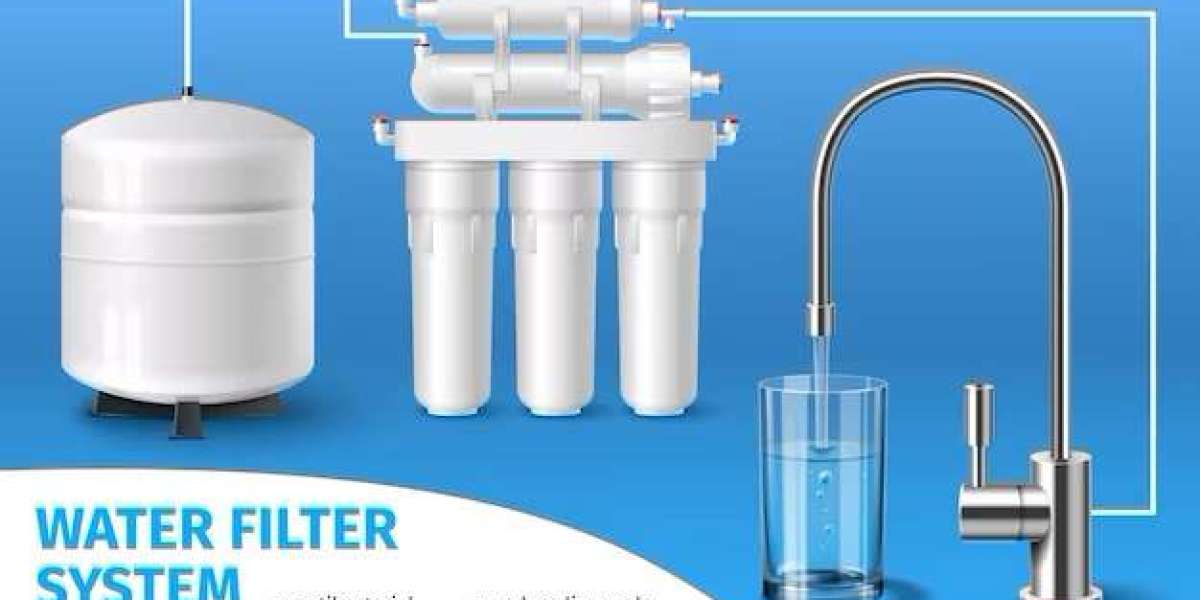Introduction
Water is a precious and indispensable resource for all living beings on our planet. However, with the increasing pressures of population growth, industrialization, and climate change, ensuring access to clean and safe water has become a significant challenge. Water quality is essential not only for human health but also for the well-being of aquatic ecosystems and the overall balance of nature. To safeguard this critical resource, proactive measures and sustainable solutions are required. In this article, we will explore some effective water quality solutions that can pave the way for a sustainable future.
Source Protection and Watershed Management
One of the most fundamental approaches to maintaining water quality is through source protection and watershed management. By preserving and safeguarding the areas around water sources such as rivers, lakes, and aquifers, we can reduce pollution and sedimentation. Implementing buffer zones, reforestation efforts, and limiting land use practices that degrade water quality can significantly contribute to maintaining clean water supplies.
Pollution Control and Waste Management
Controlling pollution from various sources is critical in safeguarding water quality. Industrial discharges, agricultural runoff, and untreated sewage are common contributors to water pollution. Stringent pollution control regulations and effective waste management practices can significantly reduce the amount of pollutants entering water bodies. Industries must adopt eco-friendly technologies and treatment methods to minimize their impact on water quality.
Advanced Water Treatment Technologies
Water treatment plants play a crucial role in ensuring that the water supplied to communities meets stringent quality standards. Employing advanced water treatment technologies such as reverse osmosis, UV disinfection, and activated carbon filtration can remove contaminants effectively. Investing in modernizing and upgrading existing water treatment facilities will ensure a higher standard of potable water.
Integrated Water Resource Management
Adopting an integrated water resource management approach is vital to address the challenges of water scarcity and water quality simultaneously. This approach involves balancing the competing demands for water among various sectors, including agriculture, industry, and domestic use. By considering the entire water cycle and its interconnections, we can maximize the efficiency of water use and minimize pollution.
Public Awareness and Education
Public awareness and education are indispensable in promoting water conservation and responsible water use. Informing communities about the importance of clean water, the impacts of pollution, and individual actions that can contribute to water quality improvement can lead to a collective effort in safeguarding water resources. Educational campaigns, workshops, and school programs are excellent ways to engage and inspire people to take action.
Rainwater Harvesting and Reuse
Rainwater harvesting is a sustainable approach to supplementing water supplies, especially in regions with limited water resources. Collecting rainwater from rooftops and other surfaces can be stored and used for non-potable purposes such as irrigation, flushing toilets, and washing vehicles. By reducing the demand for treated water, rainwater harvesting eases the burden on water treatment facilities and conserves precious water resources.
Sustainable Agriculture Practices
Agriculture is a significant contributor to water pollution due to the use of fertilizers, pesticides, and improper irrigation practices. Encouraging sustainable agriculture methods, such as precision farming, organic practices, and efficient irrigation systems, can minimize the impact of agricultural activities on water quality. These methods also help conserve water and protect soil health.
Conclusion
Clean and safe water is a basic human right and a critical component for the health of our planet. To ensure a sustainable future, we must collectively address water quality issues with innovative and practical solutions. Source protection, pollution control, advanced treatment technologies, integrated water resource management, public awareness, rainwater harvesting, and sustainable agriculture practices are essential pillars in safeguarding our water resources. By adopting these measures, we can pave the way for a cleaner and healthier future, where everyone has access to the precious resource of clean water.








